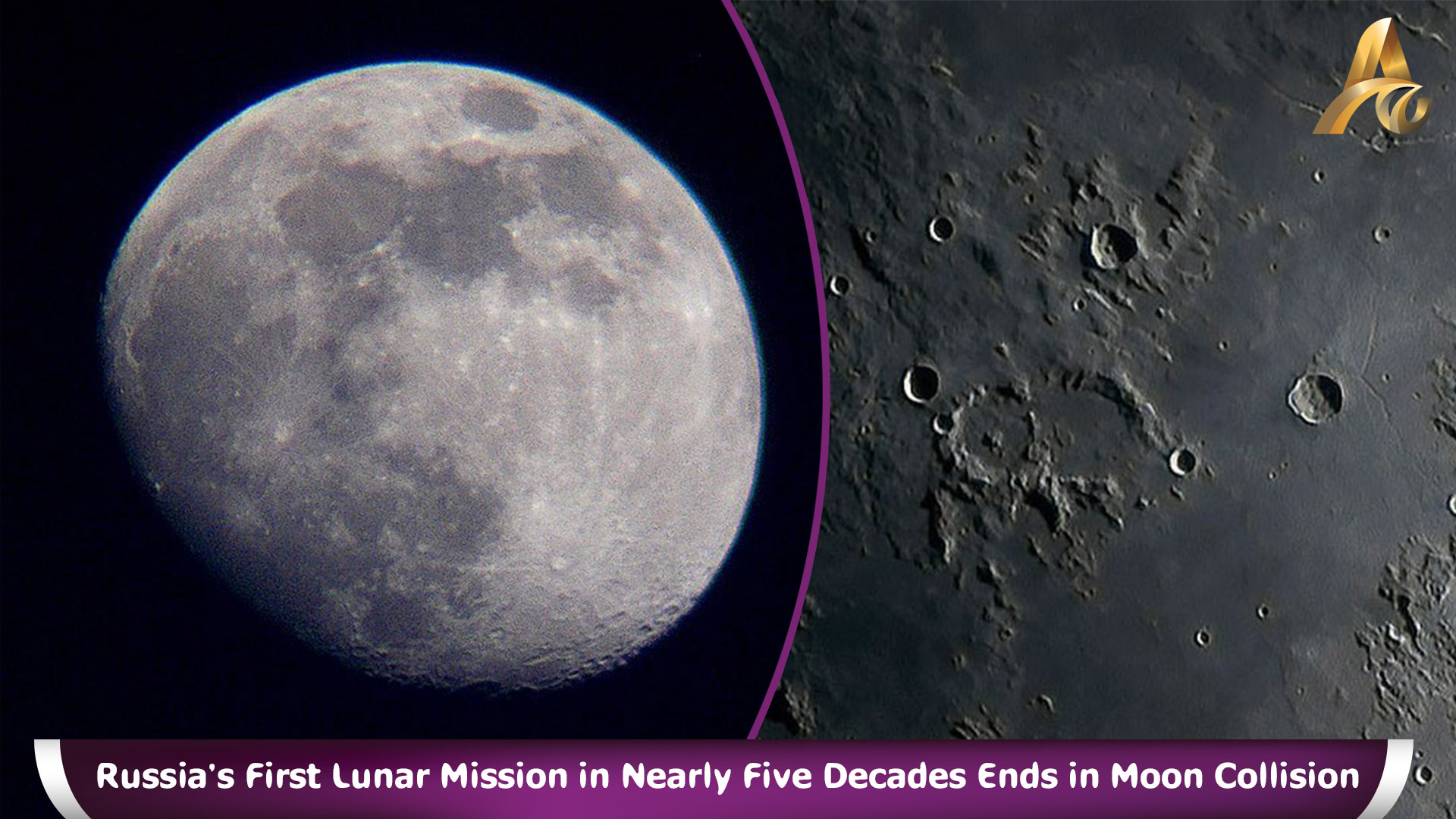INTERNATIONAL: In a setback for Russia's renewed lunar ambitions, the Luna-25 automatic interplanetary station has collided with the Moon, according to Russia's space agency, Roscosmos.
"According to the results of a preliminary analysis... the Luna-25 spacecraft switched to a non-designated orbit and ceased to operate due to a collision with the surface of the Moon," Roscosmos reported.
The incident occurred after Luna-25 was expected to enter a pre-landing elliptical orbit, but communication was lost at 14:57 Moscow time on Saturday. Subsequent attempts to reestablish contact were unsuccessful.
A commission, comprising representatives from various agencies, will investigate the reasons behind the probe's loss.
Luna-25, launched on August 11, was Russia's first lunar mission since the Soviet era. Its mission aimed to achieve the first-ever landing near the Moon's south pole, known for its challenging terrain. It had successfully reached lunar orbit earlier in the week, providing high-resolution images of the Moon's dark side.
The primary objective of the mission was to examine lunar soil for ice presence. Additionally, Roscosmos aimed to test soft-landing technology and conduct extensive research on the lunar exosphere and the upper layer of the South Pole’s surface.
This unfortunate incident underscores the challenges Russia faces in reestablishing itself as a major player in space exploration. It also highlights the country's struggles in modernizing its space program, plagued by issues such as management problems, unrealistic projects, corruption, and declining scientific education standards.
While Luna-25's failure is a setback, Russia's lunar program envisions several more missions in the coming years, potentially ensuring a continued role in lunar exploration.

























